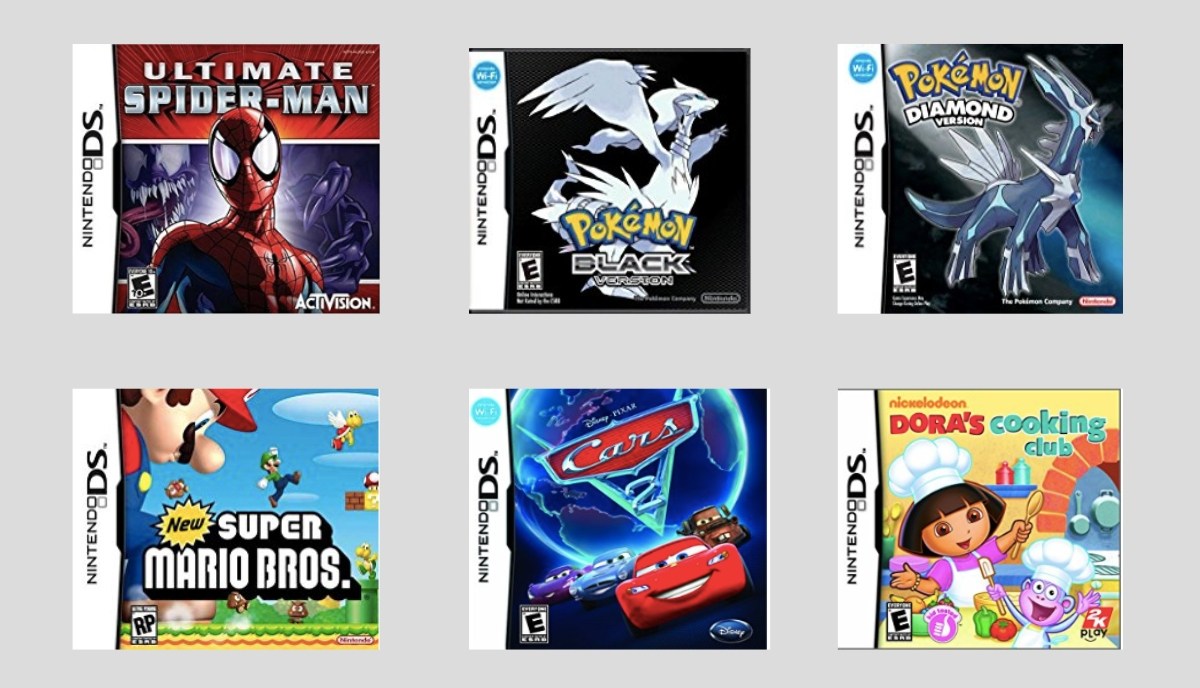Is Downloading ROMs For Emulators Illegal? Are There Some Alternatives?

Today, one cannot talk about retro-gaming without the introduction of ROMs and video game console emulators. And it’s most likely you are in possession of one or the other.
Or maybe you are just testing the waters before going wild into the uncharted territory of emulating games. Whatever the case, it is crucial to know where you stand legally after downloading emulators and ROMs. So you don’t have to go to prison. Well, relax! It’s highly unlikely.
Are Emulators Legal and Safe?
Are you old enough to buy a pint of beer in your state? Let’s say you’re not. But you can still purchase empty bottles of beer, although that would be pretty messed up. The point here is that you are not violating any laws when buying empty beer bottles.
Emulators are software that emulate a console’s hardware which, in turn, enables you to play the console’s original games. Without the games (ROMS), Emulators are like any other program which you might need to download for a “college project.”
At least that’s what US law states about emulation. In all the few legal cases against unofficial emulation, console manufacturers have been bluntly reminded that “emulation is legal in the US.”
But no matter how small, there is always a risk involved, particularly if you’re residing in a country that cannot stand the smell of piracy. In that scenario, possessing an emulation software might not be a good idea.
So, how safe you are with emulators would heavily rely upon the state’s aggression when it comes to the piracy crackdown. Besides, why would anyone buy empty beer bottles?
Is downloading ROMs illegal?
Emulator games, aka ROMs, are the other side of the coin. In all the arguments that people have poured into this big debate, one thing remains crystal clear — Downloading and playing ROMs is illegal. Period!
The unfortunate tale of EmuParadise
Nintendo and the emulation industry never had good relations to start with.
However, things heated up in mid-2018 when Nintendo filed a lawsuit for millions against the two most popular emulator websites, LoveROMS.com and LoveRETRO.co. These popular ROM websites held thousands of copyrighted ROMS for free download, before succumbing to forced removal.
Nintendo taking up the legal road shocked everyone. Before the clampdown, the standard process included sending a cease and desist letter, and it was usually addressed to fan-made works.
The newly filed lawsuit was a clear warning that Nintendo was pretty serious about not allowing the download of ROMS.
A few days later, EmuParadise, one of the biggest ROMs sites, decided to cease its operations of offering free ROMS for download. MasJ, the site’s founder said at that time, “It’s not worth it for us to risk potentially disastrous consequences.”
The conundrum of ROMs
Since the big Nintendo takedown, there have been an endless number of legal and moral arguments on the downloading of ROMS. Here are a few of the combating viewpoints —
1. The Fair Use argument
Even if downloading ROMs is illegal, many users believe that it is legitimate if the consumer already possesses a real cartridge of the game.
But, according to Nintendo’s website, that is not the case. Downloading ROMS is outright illegal — even if you own the real game or not.
Another fair use argument floating around is when you extract a ROM from pre-owned cartilage instead of downloading it from the Internet, you’re doing nothing illegal.
However, that argument is again a flawed one. Derek Bambauer, an intellectual property professor at the University of Arizona, told HowToGeek that ripping a personal ROM is essentially making an additional copy, again, which is illegal in the eyes of Nintendo.
2. The obsolete market argument
Many people argue that downloading ROMs is legit if the game is not currently for sale or the game has lost its shelf life.
But in such a case, Nintendo could argue that they might re-release the game through official channels and that the on-going emulation is damaging the potential market.
Nintendo could take up the example of Disney’s “in the vault” program where Disney takes out the films from the market and re-releases them periodically. The entertainment giant does this to keep the content relevant in the market, thus gaining profits on every release.
3. The video game preservation argument
Unlike other arguments which discuss the legality of emulator games, this one talks about the ethics of it and whether downloading ROMS should be illegal in the first place.
Many game enthusiasts and collectors have argued that emulation is vital to the preservation of gaming history so that tomorrow’s young generation can play and experience it.
Their argument also counts in the nature of video games as a medium. Just like any hardware, cartridges stored in libraries are aging real fast and are susceptible to becoming unusable junk. Additionally, retro-games original physical copies are prone to stealing.
Hence, collectors believe that timely preservation is essential to save the dying out retro-games from extinction.
Can downloading ROMs get you in trouble?
Traditionally, big companies don’t go hunting down every single defaulter. However, in the end, whether you will get in trouble or not will entirely depend on the extent of damage done to the rightful owner of the ROMs, which is often Nintendo.
People who are in the business of collecting and selling pirated ROMs, chances are that a SWAT team is breaking down the front door of their house as we speak.
Consumers who want to relive their childhood with retro games, the only complaint you might receive is from your neighbors politely asking you to turn down the volume.
Keep a note that downloading an unauthorized copy of a game is still illegal. And the risks involved are similar to the dangers when you download a pirated movie from a torrent website.
Safe Alternative to Downloading ROMS
The only popular safe alternative for downloading ROMs legally is Console Classix.
A website that offers thousands of retro games legally through a subscription fee of $6 a month or $60 a year. To avoid getting into legal battles with Nintendo, Console Classix capitalizes on the loopholes in the Nintendo copyright law.
Console Classix extracts ROMs from their collection of original cartridges of the games and gives temporary access to the ROM’s. To restrain consumers from copying the ROMs, Console Classix explains, “Once a user has selected a game, our server locks that image so that no one else can use it”.
Another safe alternative to ROM websites such as RomsMania is to wait for the Antstream project, which aims to bring a steaming platform for retro-games.
The solution to dying retro games
Among many people who criticized Nintendo’s clampdown on ROMs websites, one was Frank Cifaldi, the game industry’s famous advocate for historic preservation.
In a tweet back then, he points out the perfect solution to the dying retro-games, “Give casual consumers an alternative, and you eliminate a lot of the piracy corporations find a problem with.” The alternative he is talking about introducing is a game streaming service like Google Stadia or Nvidia Sheild.
To illustrate, he also pointed out that music streaming services such as Spotify, Apple Music have entirely eradicated the process of downloading an mp3 online. Today, there is a legal way of distributing music that is much more popular than downloading an mp3. Game lovers and Fossbytes hope to see something similar in the retro-gaming industry as well.






